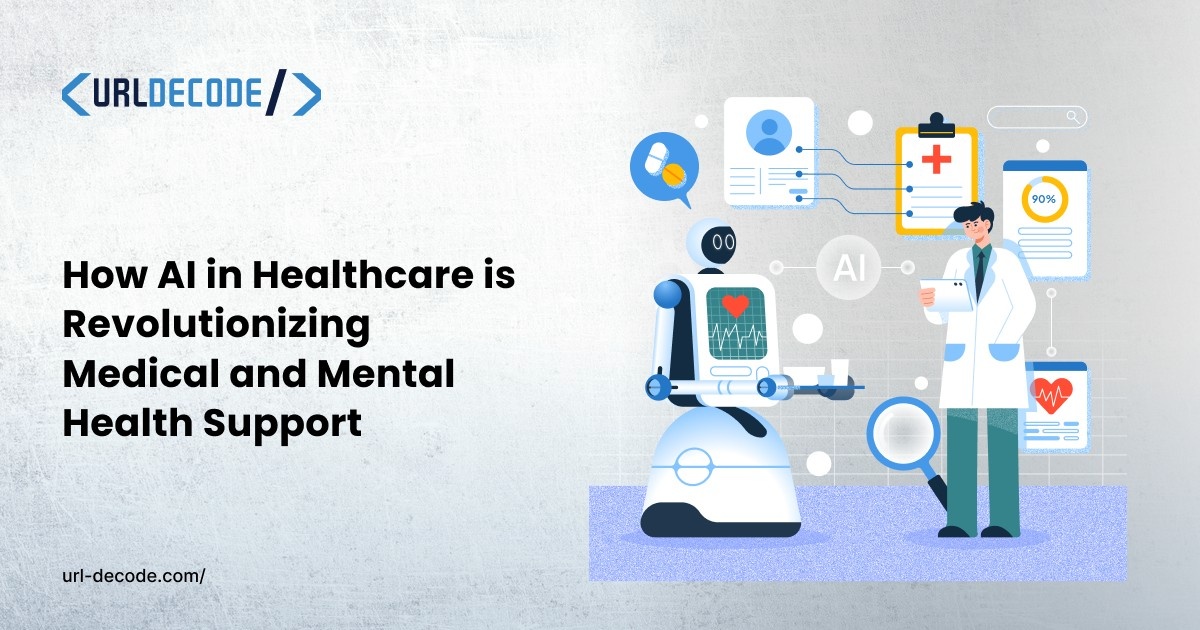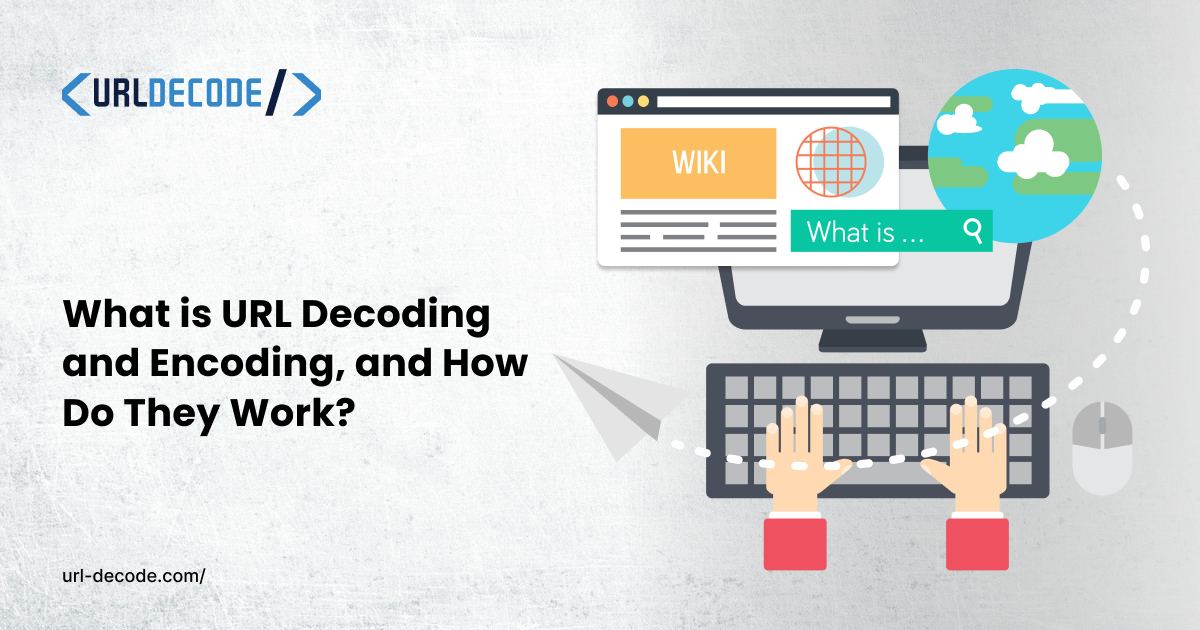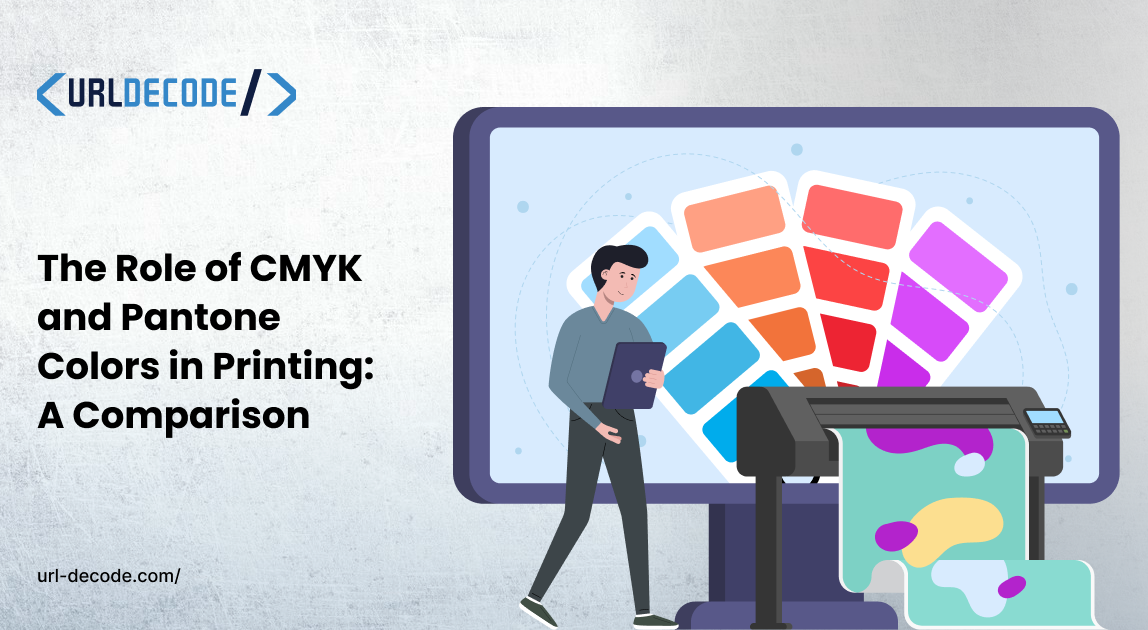How AI in Healthcare is Revolutionizing Medical and Mental Health Support

The healthcare sector is evolving at a rapid pace, and a large portion of this is occurring due to AI in medicine. Artificial Intelligence is no longer an innovation of technology firms; it has now become a component of a significant proportion of hospitals, clinics, and even home care.
The AI is helping doctors to diagnose diseases faster, researchers are identifying improved treatment solutions, and patients are receiving more convenient access to health care. The AI enables the processing of a large volume of medical data in several seconds, and this leads to disease detection at an early stage and provides more precise treatment.
This implies that the patients will receive assistance earlier, heal quickly, and handle their health in a more intelligent manner. Healthcare AI Services can play a crucial role in facilitating these advancements by enabling more efficient solutions in medical diagnostics and patient care.
Artificial Intelligence and Mental Health: Overcoming Depression in Men.
One of the most promising AI applications is mental health, which is becoming an essential part of AI in healthcare. Stress, anxiety, or depression are some of the conditions that impact a lot of people in the world without their knowledge, and in most instances, they do not seek help until the condition becomes critical. This is being helped by AI applications and websites that track trends in speech, behavior, or even daily patterns that may provide evidence of mental stress.
To give an example, AI can detect the changes in sleep, exercise, or communication patterns and issue some subtle notifications to seek help. This is quite useful, especially with cases such as depression amongst men that might not be diagnosed as such, since a male is not always ready to reveal his feelings. With the assistance of data-driven knowledge, AI can educate individuals by suggesting that it is time to see a counselor, have a wellness workout, or consult a doctor and assist him/her before things get worse.
The way to transform healthcare with Artificial Intelligence.
The application of AI goes well beyond mental wellness and fitness - it is transforming every aspect of life. From creative industries using tools like a reel generator that help users automatically create engaging video content, to financial systems, education, and now even healthcare, AI’s presence is expanding everywhere. The outcome of AI is that it is reshaping the whole healthcare system. Doctors can now read X-rays, blood reports, and scans with high accuracy, which enables them to determine diseases like cancer or heart-related issues much earlier.
Previously, it might have required days to perform such things, yet AI enables it to be achieved in a few minutes. This is also supported by AI that is used in personalized treatment, where a patient's genetic, medical history, and lifestyle are applied to develop a treatment plan that fits that patient. Virtual health assistants are another form in which AI is enhancing healthcare. Such systems remind the patients of taking their medicines, diet plans, or attending appointments, and minimize the risk of errors and enhance the recovery outcomes.
The AI-based telemedicine platforms are also ensuring that individuals in remote locations can now communicate with physicians without the need to travel long distances, and this has made healthcare more accessible and affordable to all individuals.
Artificial Intelligence to Live a Healthier Life.
Besides hospitals, clinics, and nursing homes, AI is helping individuals to gain health consciousness in their lives. AI-driven fitness trackers monitor exercise levels, heart rates, and sleep quality, providing real-time recommendations to improve habits. Guided by insights from a Healthcare AI consultancy, these technologies are becoming more personalized and effective. For instance, some people incorporate simple tools like exercise trampolines into their routines, and AI apps can help track progress and suggest safe workout adjustments.
AI is also being employed by nutrition apps that create a meal plan, depending on the specific goals of the individual, such as weight loss doctor, diabetes management, and energy boost. The mental wellness applications take it a notch higher by providing meditation practices, breathing, or stress relief practices at the appropriate time so that the mind-body ratio is healthier.
Relying on medical insights and lifestyle guidance, AI helps individuals to be in control of their health prior to the onset of serious issues.
The Connection Between Mind and Body.
There is also a close relationship between physical and mental wellness, which AI emphasizes. Having adopted healthier eating, sleep, and exercise routines with the assistance of AI, people are also not likely to have high stress or struggle with emotional issues.
Simultaneously, as the problems of such issues as depression in men are identified early with the help of AI algorithms, the positive outcomes are not only psychological but also physical, including enhanced energy levels, an increase in immunity, and decreased blood pressure. This equilibrium demonstrates the way AI is aiding people to attain general health, and not merely a single aspect of health.
Difficulties of AI Use in Healthcare.
Naturally, AI has its issues, as well. Security of sensitive health information is a significant issue since medical records are very confidential and have to be secure. One more difficulty is that not all people can have equal access to high-level AI-based healthcare, particularly in low-income areas.
Although AI can interpret and predict health statuses, it is not able to substitute the emotional aspect and human expression of a conventional doctor. The most suitable solution is to regard AI as a potent support that will help healthcare workers, but not substitute them.
As an example, medical applications powered by AI occasionally have software or graphic issues that might influence the precision of visual scans and diagnostic images. Similar to a malfunction of a hospital machine, such glitches point to the necessity of frequent updates, maintenance, and human control.
The Future of AI in Mental Health and Healthcare.
In the future, AI applications in healthcare are predicted to increase even further. Artificial intelligence tools will probably be able to diagnose diseases even more accurately, mental health applications will be able to reach millions of people across the globe, and cheaper options that will be affordable to patients who face the challenge of affording costly interventions will become a reality.
It will also be easier to dispel the stigma surrounding mental health, particularly in areas such as depression in men, and make people more willing to discuss their problems and receive the help that they require. With these advances, AI will not be only about technology, but about making society healthier, happier, and health-conscious.
Final Thoughts
AI is changing medicine and mental wellness in a manner that we have never imagined. It is providing physicians with smarter instruments, allowing patients to be attended to much more quickly, and enabling people to lead healthier lifestyles. AI is transforming the future of healthcare in terms of easing mental health issues, diagnosing diseases at an earlier stage, and providing superior daily routines.
The ride has only started, yet it is no secret that AI can transform healthcare to become more efficient, personal, and supportive to all.




